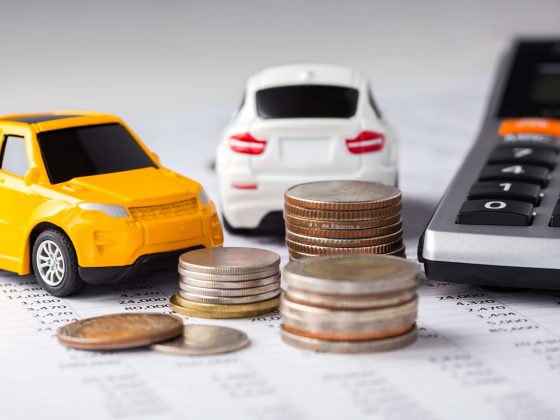For most drivers, keeping a clean driving record is key to save on auto insurance. You may not have noticed but most auto insurance providers screen their customers before processing policy renewals.
Use eTags© to Quickly Complete Your DMV Service. Renewals, Title Transfers and More, All Online!
But, what’s a clean driving record?
A clean driving record refers to a record of good driving evidence.
A record that is free of car accidents, violations or points should be your goal for lower auto insurance rates. If your driving record shows no claims, your auto insurance provider will also take that positively.
What an auto insurance provider considers as a clean driving record varies according to their internal policies. Contact your agent for more information about their company criteria.
How To Keep A Clean Driving Record
There’s no reason why you should let things affect you. In fact, what you should be more concerned about is how to move forward.
If you are worried about pending tickets, don’t worry because nothing is set in stone.
For that reason, here are some steps you could take to keep a clean driving record.
Dispute tickets you consider unfair
According to the National Motorists Association, 1 in 20 drivers dispute a ticket, which is worth paying attention to.
For the most part, it’s advisable to dispute a questionable ticket, especially if you have a bad driving record.
Even if you were truthfully at fault, you should still fight it since many accidents happen because of external factors or exceptional situations.
For example, you were driving fast to the hospital because of an emergency, or your car features stopped responding during a particular situation.
SEE ALSO: What To Do If A Law Enforcement Officer Stops You
Get your ticket signed off (“Fix-it” Ticket)
If you get a “Fix-it” ticket, you will be required to indicate whether you must pay for your ticket or follow corrective actions.
Fixing your ticket refers to the practice in which a law enforcer dismisses a pending violation. It could be that you were caught driving with a broken or non-functional taillight.
In that situation, you are responsible for resolving the problem right away. It could be a great opportunity to clear negative points on your driving record.
Take a defensive driving course
This is a great way of letting your local authorities know that you are committed to take corrective actions and reduce penalty points on your driving record.
For example, if you were caught speeding beyond the permitted limit, you could reduce penalty points by taking driving safety lessons.
Note that taking a defensive driving course does not always apply to every traffic violation. For example, you may not be able to follow corrective actions for DUI.
Ask for an expungement
Instead of waiting for your driving penalties to expire, some states let drivers request an expungement.
For example, Maryland offers driver the opportunity to expunge their some driving tickets after three years. Of course, you’ll need to demonstrate good driving improvements after getting your license suspended.
That would definitely help you get lower auto insurance premiums, since insurers tend to look back four to five years into your driving history.
SEE ALSO: Car Owners: 5 Tips To Reduce Your Auto Insurance Rates
Keep saving money on auto insurance
Are you paying a lot on auto insurance? Click here to help you get the auto insurance policy that best suits your budget and needs.








